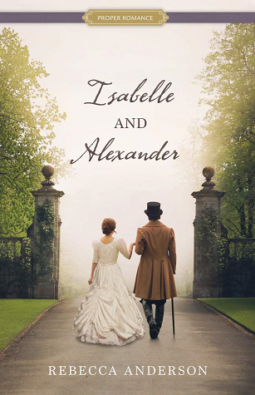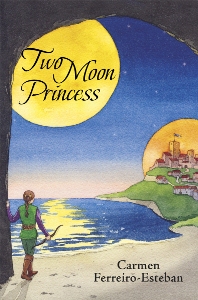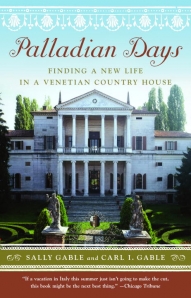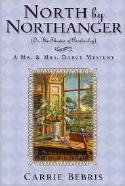This review contains affiliate links, which earn me a small commission when you click and purchase, at no extra cost to you. Thank you for supporting my small business and allowing me to continue providing you a reliable resource for clean book ratings.
Isabelle Rackham is from a respectable family, her father a well-to-do businessman. As an only child, she’s known for years she’ll likely marry to strengthen his connections. And so indeed she finds herself marrying Alexander Osgood, a handsome and successful owner of a textile mill that is supplied with coal from her father’s business. But she hardly knows Alexander before the wedding, and even weeks after she moves into his home in the bustling manufacturing city of Manchester, Isabelle fears she won’t get to know him. He is polite but distant, rarely engages in conversation, and spends a great deal of time at his mill. Isabelle is lonely.
When Alexander takes Isabelle to his home in the country, the couple begin to get to know each other a little. But when he is thrown from his horse and left unable to move, the embers of hope Isabelle had begun to feel for their future seem to be doused. How can she draw out Alexander again so they can build a relationship, particularly now that he is facing an uncertain future with his health? It seems almost impossible, but Isabelle determines she will do all she can to care for him in every way. As she does so day after day, she finds strength in herself and depth of character. And as Isabelle grows, so does the possibility for a beautiful love between these two young people.
Most books set in past eras (this takes place in 1850) don’t address the lives of people with disabilities or serious injuries. In Isabelle and Alexander, the husband is fully paralyzed initially and slowly regains some mobility, with care at home, though they do discuss the option (basically a given in that time) of him being sent to a sanatorium. Another character has an intellectual disability and is likewise an anomaly because she lives at home rather than being sent away. So I was intrigued to see how these unusual circumstances were handled. The author must have done some research to find out what was the standard for that period and what was the most “cutting-edge” treatment for those who could afford it. This story was also different in that its characters are wealthy but are “new rich” and their money comes from actively running businesses, as opposed to Jane Austen’s most popular tales, set among those of highest social standing and old wealth. Alexander’s mill, where fine fabric is created from cotton, is an important part of the book. It opens a window into the early part of the industrial age in England, and that too indicates good research on the author’s part.
I enjoyed the book and found it compelling, not just for the tender love story of two people who fall in love as they deal with a difficult trial, but for the way it tackles serious topics in a straightforward but gentle fashion. It was more than I expected.
Rated: None.
*I received an ARC of this book in exchange for my honest review.
Click here to purchase your copy of Isabelle and Alexander on Amazon.




